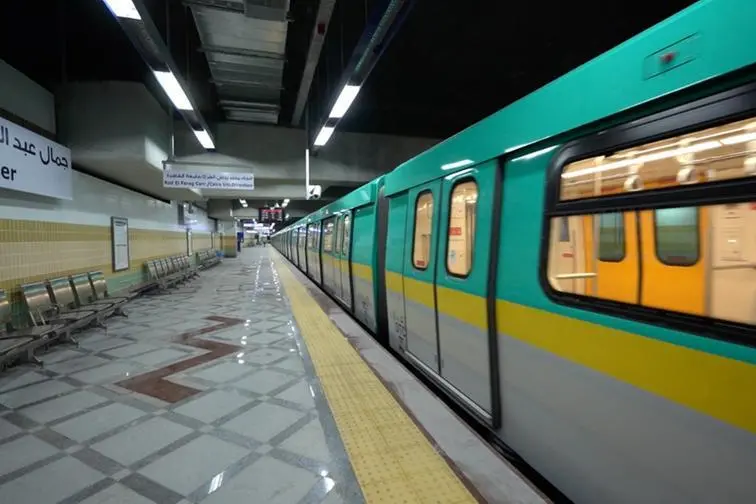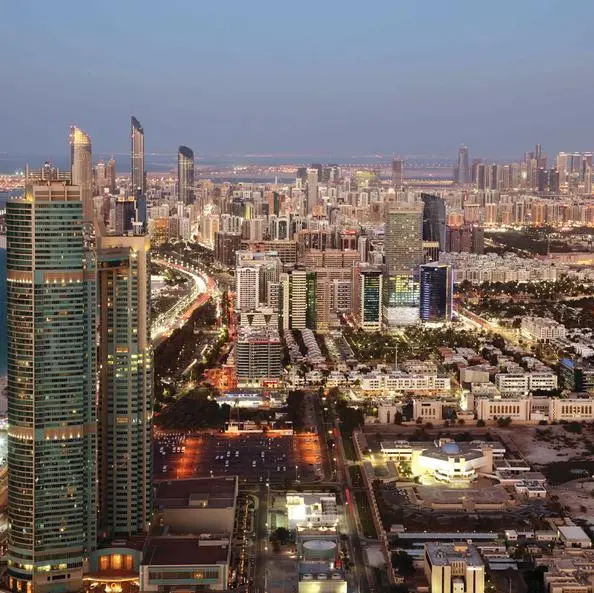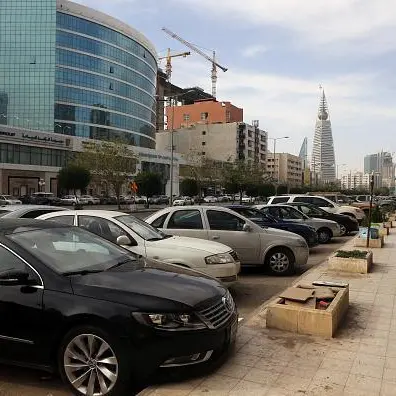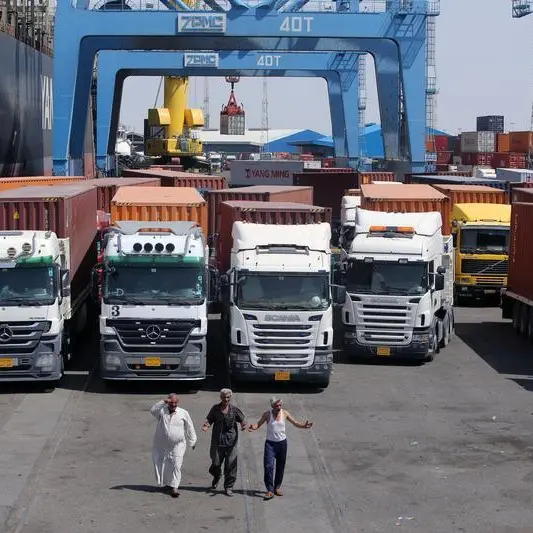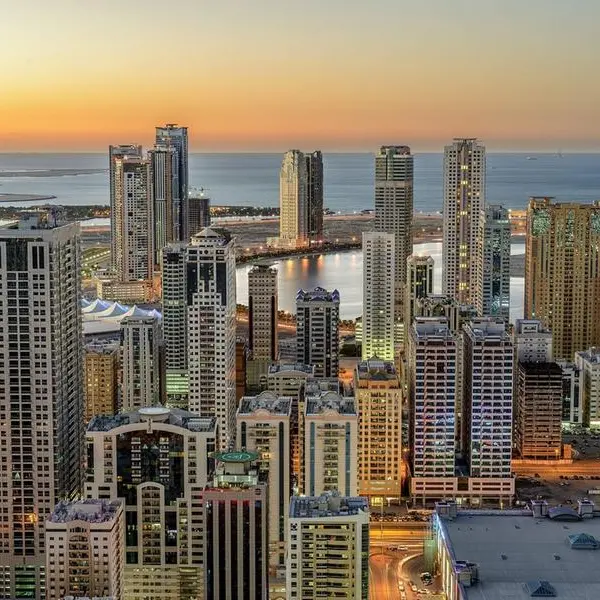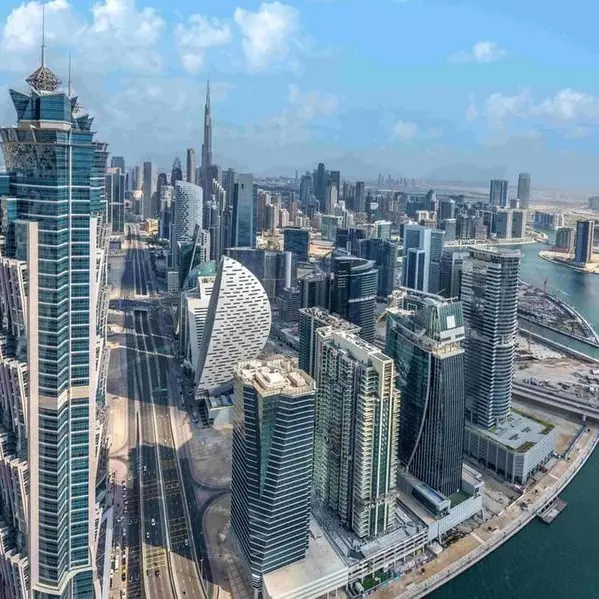PHOTO
France-headquartered global mobility giant Alstom signed a framework agreement with Egypt’s National Authority of Tunnels (NAT) to design, build and maintain the Cairo Metro line 6, the company said in a statement issued at the COP27 summit.
The 35-kilometre-long line, the first driverless metro in Africa, will accommodate around half a million passengers, Alstom said in a press statement on Thursday.
The line will run north-south through the Greater Cairo neighbourhoods of Shubra El-Kheima and New Maadi, ending at the beginning of Ain El-Sokhna Road, Al-Khosos. It will include 27 stations, with 12 of them underground, the statement said.
Alstom will provide the rolling stock and 294 metropolis cars. The company will supply signalling systems, telecom systems, traction, power supply, high voltage substation, depot equipment, depot design, trackwork, third rail and automatic fare collection, the statement noted.
In addition, the French firm will be responsible for the maintenance work on Cairo Line 6, which will be carried out at the depot in Cairo and managed locally.
The creation of Cairo Metro Line 6 will reduce the congestion on Cairo Metro Line 1 and provide more options to residents moving across Cairo, the statement said.
“In 2019, the city’s CO2 emissions due to transport was around 22 million tonnes of CO2 representing 40 percent of Egypt’s total transport emissions. The agreement demonstrates Egypt’s commitment to ensuring Cairo is an inclusive, safe, and resilient city,” said Andrew DeLeone, President of Alstom in Africa, Middle East, and Central Asia.
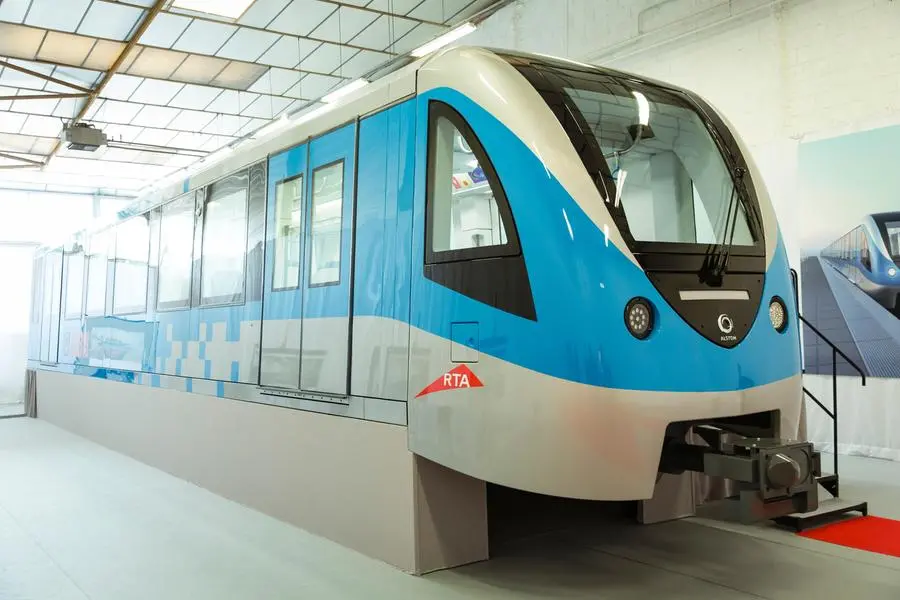

Marc Granger, Alstom’s Chief Strategy Officer told Zawya Projects that the company has been participating in the COP conferences since COP 21 in Paris, adding that at COP 27, Alstom released new study titled ‘The Role Of Urban Rail in Sustainable Africa.’
Sharing insights from the study, he said: “If the modal share of urban rail in African cities increases to 10 percent in 2030 and 20 percent in 2050 (compared to the baseline scenario of 1 percent today) 1 gigatonne of CO2 emissions in total can be avoided between 2023 and 2050, daily reduction of 8 million cars on African roads in 2030, 29 million in 2050, and 258 jobs can be created per kilometre of new rail built - which seems to be a dream today but together we can achieve that.”
Alstom has several ongoing projects, including two monorail lines connecting the New Administrative Capital to Greater Cairo and supply contract for 55 Metropolis trains for the Cairo Metro line 1. The company is also in charge of the modernisation of the signalling system on the 240-kilometre Beni Sueif–Assyut line, the statement said.
(Reporting by Marwa Abo Almajd; Editing by Anoop Menon)
